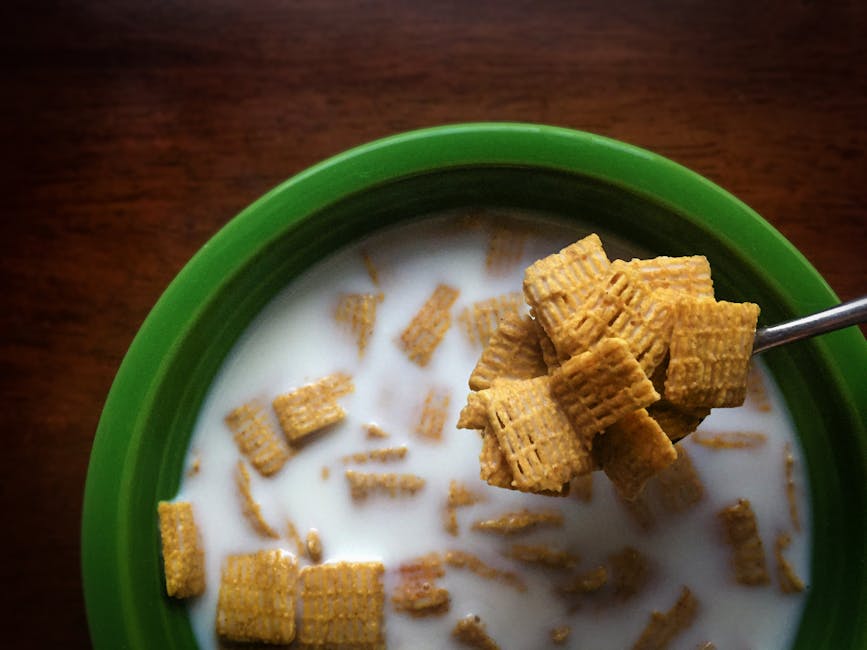Can I Compost Cereal?
Cereal is generally compostable because it's primarily composed of grains and sugars that readily break down in a compost pile.


Sourced & Cited
Many people wonder if cereal can be composted, especially those with leftover bits from breakfast. It's a relatively simple item to add to your compost, but understanding its composition helps ensure a smooth decomposition process.
Compost Classification
Brown (Carbon-rich): Uncooked cereal is primarily composed of dry grains and starches, making it a good source of carbon for your compost pile. These dry materials contribute to the structure and balance of your compost, facilitating the decomposition of other wetter, nitrogen-rich materials.
🏷️ Tags
Important characteristics to know about this item:
Breaks Down Slowly Use in Moderation Pest Attraction Risk
⚠️ Potential Risks
- Pest attraction: Cereal can attract insects and rodents if not properly incorporated into the compost pile.
- Mold growth: If the cereal is damp or improperly buried, it could contribute to mold growth within your compost.
- Slow decomposition: Depending on the type of cereal and its processing, it might decompose slower than other materials.
💡 Best Practices
- Chop larger pieces into smaller pieces (about ½ inch) for faster decomposition.
- Mix thoroughly with other “brown” materials (such as dried leaves) and “green” materials (such as vegetable scraps) to maintain a balanced carbon-to-nitrogen ratio.
- Bury cereal pieces deeper within the pile to prevent attracting pests.
- Ensure proper aeration of your compost pile to prevent anaerobic conditions that lead to slow decomposition and odor issues.
